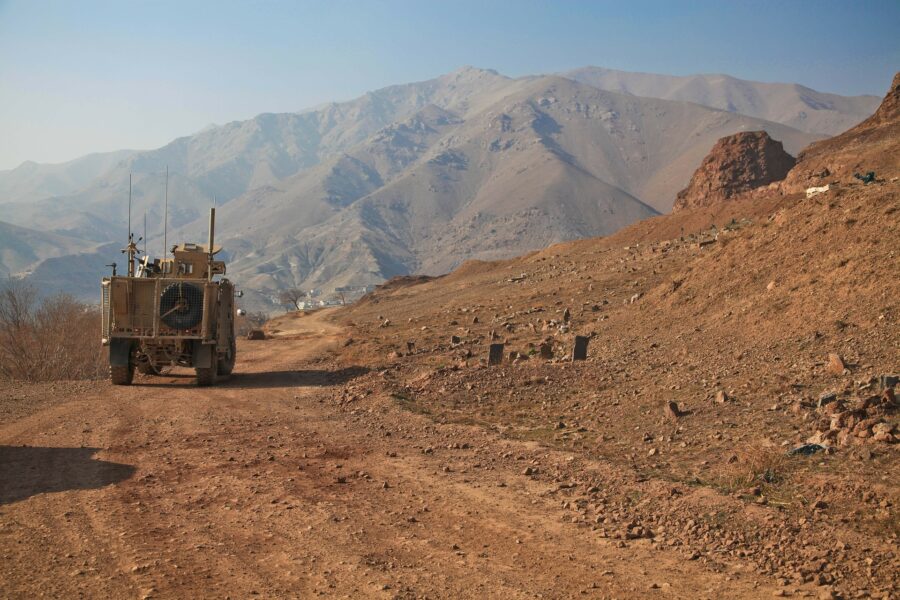An Award-Winning Director Is Trying To Escape Afghanistan
A leading film director in Afghanistan is speaking out.
This article is more than 2 years old

Among the many stories destined to emerge from what the New York Times says are “hundreds of thousands” of people trying to flee Afghanistan is that of an acclaimed filmmaker waiting to see if she will be able to escape Kabul.
As reported by the Associated Press, the 2001 US-led invasion of Afghanistan in the wake of that year’s terrorist attacks in New York City and Washington, D.C. succeeded in ousting the Taliban from power, but the insurgents remained in the region, waiting for the opportunity that has now been presented to them. As soon as NATO began its final withdrawal from Afghanistan in May, fighting erupted between Taliban and government forces. The Taliban is now in complete control of the country and, fearing the return of the Taliban’s past oppressive policies — such as banning all music and imposing dehumanizing rules on women and girls — many Afghans are desperate to get out. In spite of the Taliban’s insistence that they have grown more moderate, some Afghans are skeptical enough that they clung to the sides of a departing US military jet, ultimately falling to their deaths.
On Tuesday, The Hollywood Reporter spoke to acclaimed director Shahrbanoo Sadat. Calling her one of the country’s “best-known film directors,” THR reports Sadat is one of the hundreds of thousands of Afghans desperate to get out of Afghanistan with her family.

Like many around the world, Sadat told THR she was shocked with the speed with which the Taliban managed to take control of Afghanistan, saying she thought she and her family had “at least a month” before it could happen. The problem now, Sadat says, is simply getting to the Kabul airport. She explained that there is a Taliban controlled security checkpoint at the very entry of the airport, and “so many checkpoints” along the way. In order for Sadat and her family to safely navigate the checkpoints, they would need a letter detailing all of the precise flight details, including confirmations that they have seats reserved. In the midst of the current chaos, the airlines can’t provide those kinds of details, so Sadat and her loved ones wait.
The first film to win director Sadat worldwide acclaim was the 2016 drama Wolf and Sheep set in rural Afghanistan. She won the Directors’ Fortnight award at the Cannes Film Festival for Wolf and Sheep, which Variety‘s Alissa Simon praised for presenting “a vision” of Afghanistan “that is far different from what the media normally depicts.” She returned in 2019 with The Orphanage. Beginning in 1989 in Soviet-controlled Kabul, The Orphanage follows the homeless boy Qodrat (Qodratollah Qadiri) after he’s arrested and sent to a Soviet juvenile detention center.
Sadat said the crisis she is living through now will change the way she makes movies. She told THR that — explaining she wants people in her country “to know at least the history of the last 100 years” — she plans to switch her focus to more historically centered stories. But for right now, Sadat’s priority is to leave Afghanistan. “The most important thing”, she told THR, “is to get to the airport and to get out.”












